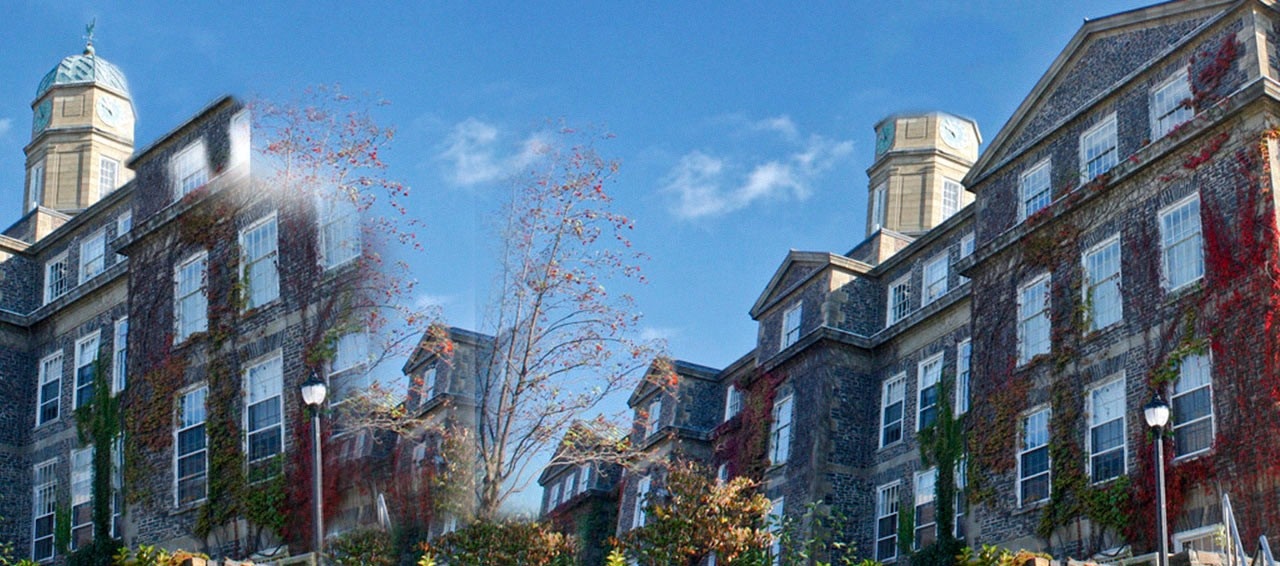Funding, News and Announcements
» Go to news mainACENET
Graduate students and postdoctoral scholars from institutions in Australia, Canada, Europe, Japan and the United States are invited to apply for the 15th International High Performance Computing (HPC) Summer School, to be held July 6-11, 2025 in Lisbon, Portugal.
The deadline for application is 23:59 AOE (Anywhere On Earth), January 31, 2025.
The expense-paid 2025 summer school is sponsored by the EuroHPC Joint Undertaking (EuroHPC JU) via the HPC SPECTRA project in Europe, the Pawsey Supercomputing Research Centre (Pawsey) in Australia, the Digital Research Alliance of Canada (DRAC), the RIKEN Center for Computational Science (R-CCS) in Japan, the University of Illinois at Urbana Champaign and the University of Texas at Austin in the U.S., along with other organizations from South Africa (NICIS CHPC and NITheCS) and the U.K. (EPCC)
The school will familiarize the best students in computational sciences with major state-of-the-art aspects of HPC and Big Data Analytics for a variety of scientific disciplines, catalyze the formation of networks, provide advanced mentoring, facilitate international exchange and open up further career options.
Leading computational scientists and HPC technologists from partner regions will offer instruction in parallel sessions on a variety of topics such as:
- HPC and Big Data challenges in major scientific disciplines: You will receive short, high-level introductions to a variety of science areas, with a focus on HPC-related simulation approaches and algorithmic challenges in the respective fields.Â
- Shared-memory programming: Using OpenMP, you will learn how to use the multiple cores present in modern processors, as well as related issues and optimizations.
- Distributed-memory programming: for those who already know the basics of programming with the Message Passing Interface (MPI) you will learn about how to optimize performance based on the way the MPI library works internally, and more advanced MPI functionality.
- GPU programming: Building on the OpenMP techniques taught earlier, you will learn how to program graphics processing units (GPUs), which are important enabler of modern scientific computing and machine learning.
- Performance analysis and optimization on modern CPUs and GPUs: You will learn the basics of performance engineering, how to collect profiles and traces, and how to identify potential performance bottlenecks based on the collected profiles and traces.
- Software engineering: You will learn state of the art technical approaches and best practices in developing and maintaining scientific software.
- Numerical libraries: You will learn how to take advantage of already implemented algorithms in your code.
- Big Data analytics: You will learn how to use the powerful and popular Spark framework to analyse very large data sets and integrate this with machine learning techniques.
- Deep learning: You will extend already learned machine learning techniques into the leading edge with deep learning (also known as neural networks) using the standard TensorFlow framework.
- Scientific visualization: You will learn how to use 3D visualization tools for large scientific data sets.
- Australian, Canadian, European, Japanese and U.S. HPC-infrastructures: You will learn about resources available in your part of the world, as well as how to gain access to these resources.
.
Recent News
- Research Nova Scotia
- NSERC CREATE
- Congressionally Directed Medical Research Programs
- Horizon Europe
- Sustainable Development Goal (SDG) Expo
- ACENET
- NSERC and National Science Foundation (NSF): Designing Materials to Revolutionize and Engineer our Future (DMREF)
- Horizon Europe Announcements
